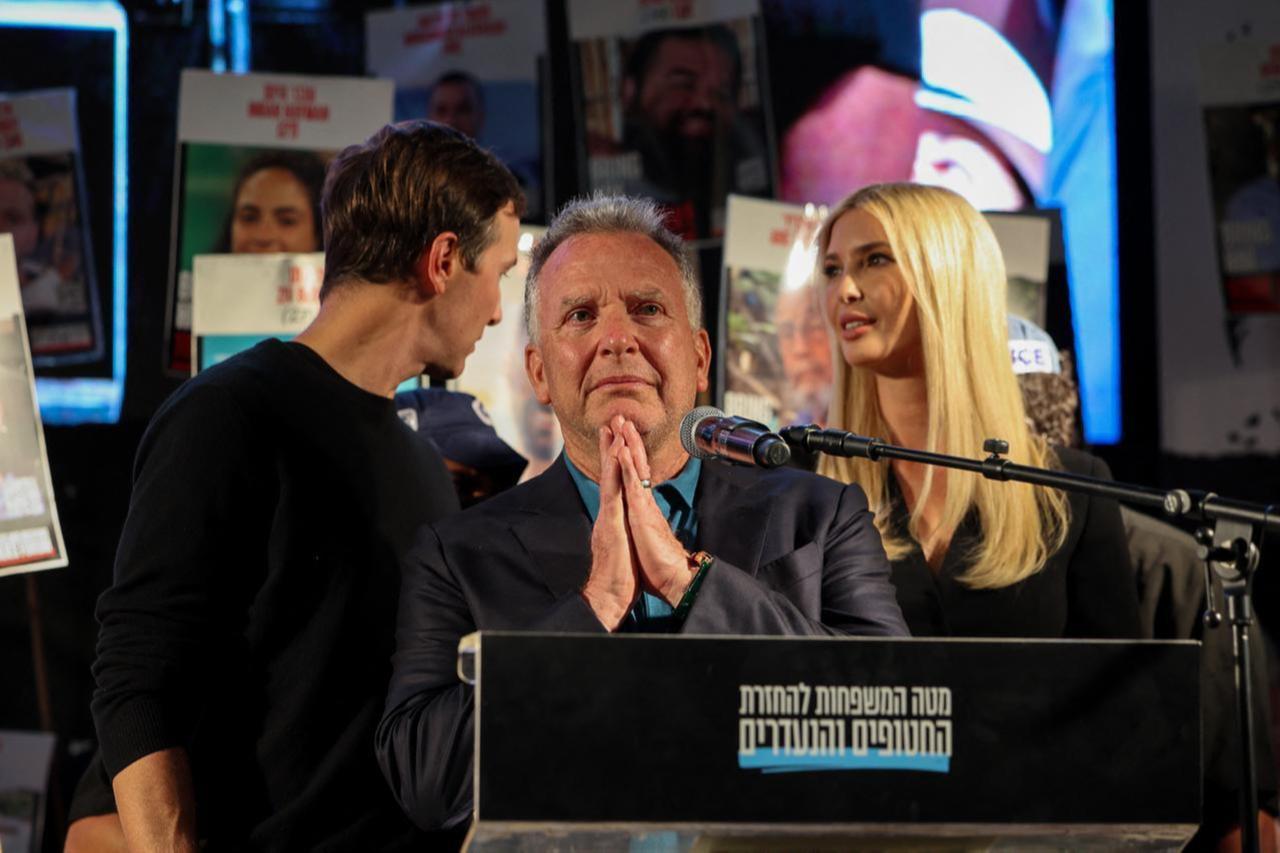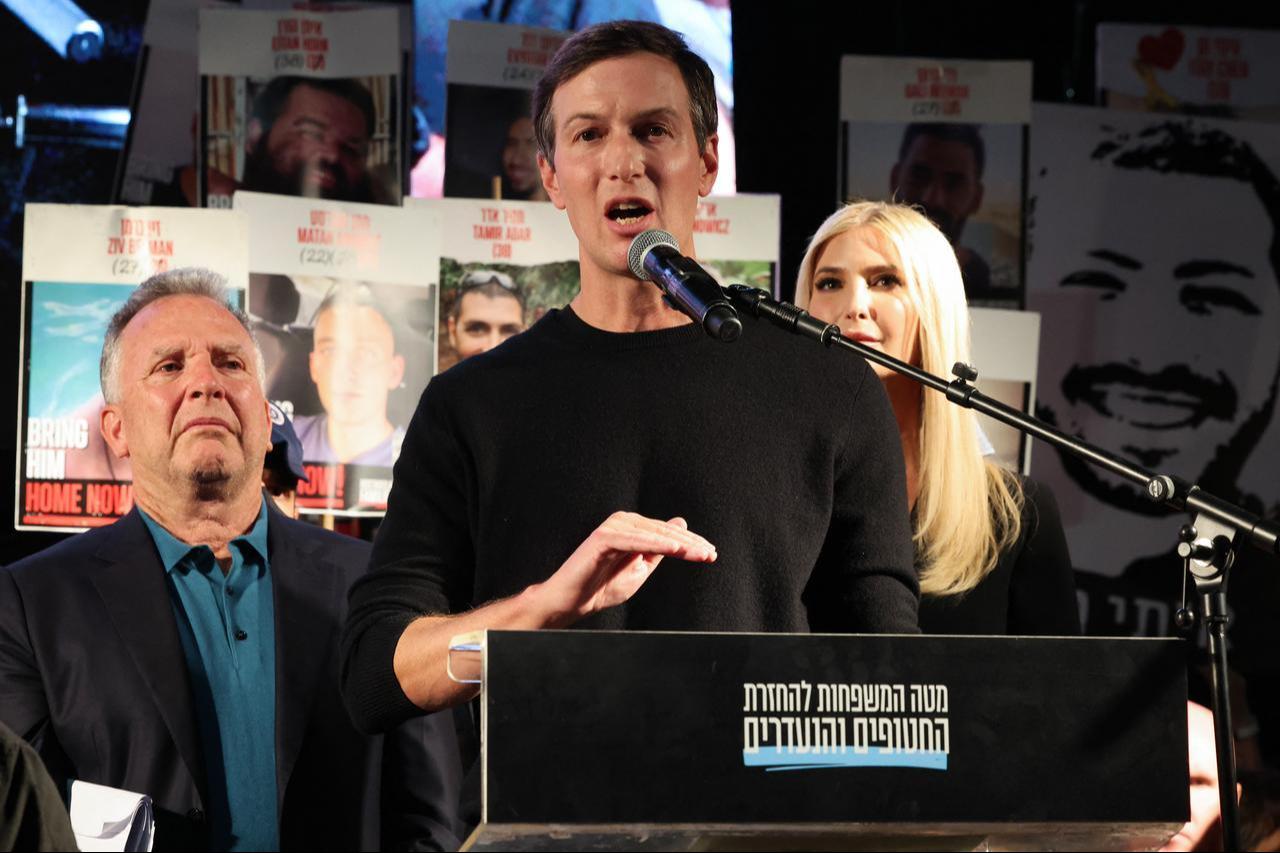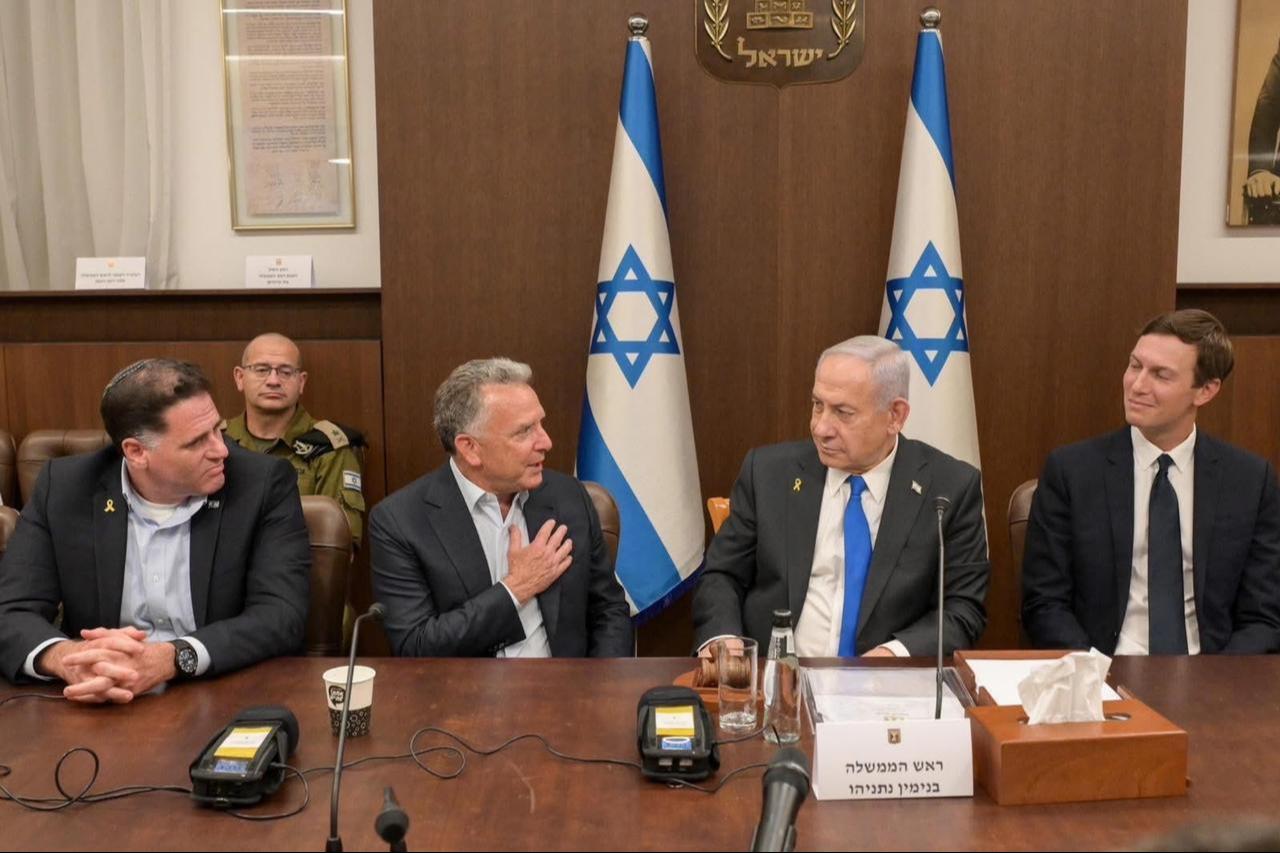
The Trump administration is preparing to implement its plan for disarming Hamas under the Gaza ceasefire agreement, with senior U.S. negotiators Jared Kushner and Steve Witkoff emphasizing that no American troops will be deployed as part of the process.
Kushner, U.S. President Donald Trump’s son-in-law and one of the main architects of the 20-point peace plan signed between Israel and Hamas, said in a CBS 60 Minutes interview that the disarmament would be carried out by an international stabilization force, not U.S. soldiers.
Kushner said the second phase of the Gaza plan aimed to “create an International Stabilization Force” tasked with building a local Palestinian government and police force to ensure the enclave remains secure and “terror-free.”
Asked whether American soldiers could be deployed if Hamas refuses to disarm, he replied, “That’s not the intent.”
He added that Trump “wants to see this done” and remains “fully committed to seeing it completed,” while stressing that disarmament will be handled by regional and international partners.
Witkoff confirmed the process would include a “weapons buy-back program” tied to “amnesty and disavowing violence,” describing any U.S. troop involvement as “highly unlikely.”

In the same interview, Kushner said preparations were underway to establish a temporary governing body under the Trump-led “Peace Council,” including qualified Palestinians and international experts.
He said the effort aimed to stabilize Gaza during the “transitional reconstruction period” and make the region “functional again.”
Kushner noted that it was still “too early” to determine Gaza’s democratic potential, adding that success or failure would depend on whether Israel and the international mechanism could create a viable alternative to Hamas.
“If they succeed, Hamas will fail, and Gaza will no longer pose a threat to Israel in the future,” he said.
Both Kushner and Witkoff stressed that the Peace Council would maintain transparency throughout the process to build trust among all parties, adding that “appropriate measures will be taken to protect the people of Gaza and the integrity of the ceasefire.”
Kushner said Hamas had so far been “acting in good faith” under the ceasefire deal, citing information from mediators in Qatar, Egypt, and Türkiye who are coordinating with Hamas officials in Gaza.
“As far as we’ve seen from what’s being conveyed to us from the mediators, they are so far,” he said, adding, “That could break down at any minute, but right now, we have seen them looking to honor their agreement.”
He said Washington was pushing both sides to “be proactive in finding solutions instead of blaming each other for breakdowns,” as efforts continue to recover Israeli hostages and remains.

Witkoff said the reconstruction of Gaza could cost up to $50 billion, with funding expected from Middle Eastern and European countries.
“You’ll see Europe’s participation and similar efforts,” he said.
“Raising the money is the easy part for us. We’ve been working with a group of people for two years within this main plan.”
He added that the project was designed to rebuild Gaza swiftly and ensure long-term stability through sustained international cooperation.
Despite the ceasefire agreement, Israel has continued airstrikes in Gaza, citing alleged violations by Hamas.
Israeli forces carried out attacks in several areas of the enclave, including Rafah, after accusing Hamas of targeting Israeli army units.
Hamas’ armed wing, the Qassam Brigades, denied involvement and said it remained committed to the ceasefire.
Following the strikes, the Israeli military announced that the truce was once again in effect.
Earlier, Gaza’s Government Media Office reported that 97 Palestinians had been killed and 230 injured in Israeli attacks since the ceasefire took effect on Oct. 10, accusing Israel of “80 documented violations” of international humanitarian law.